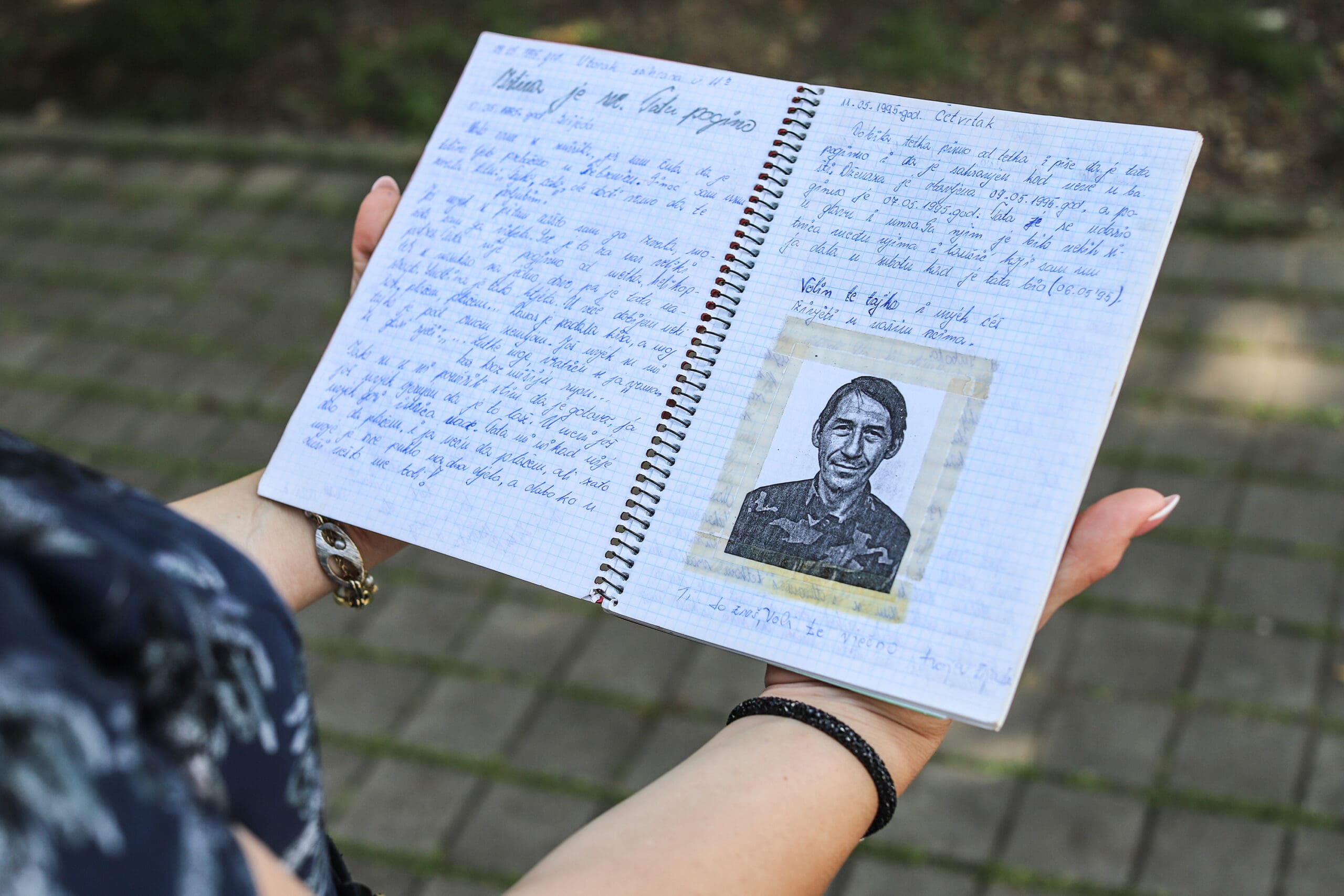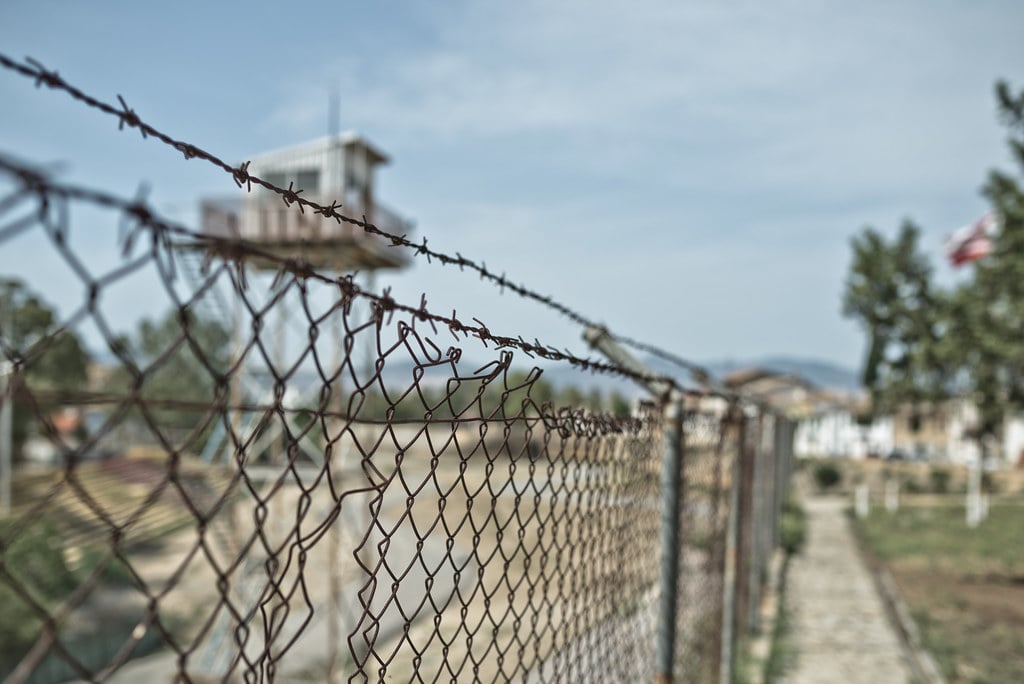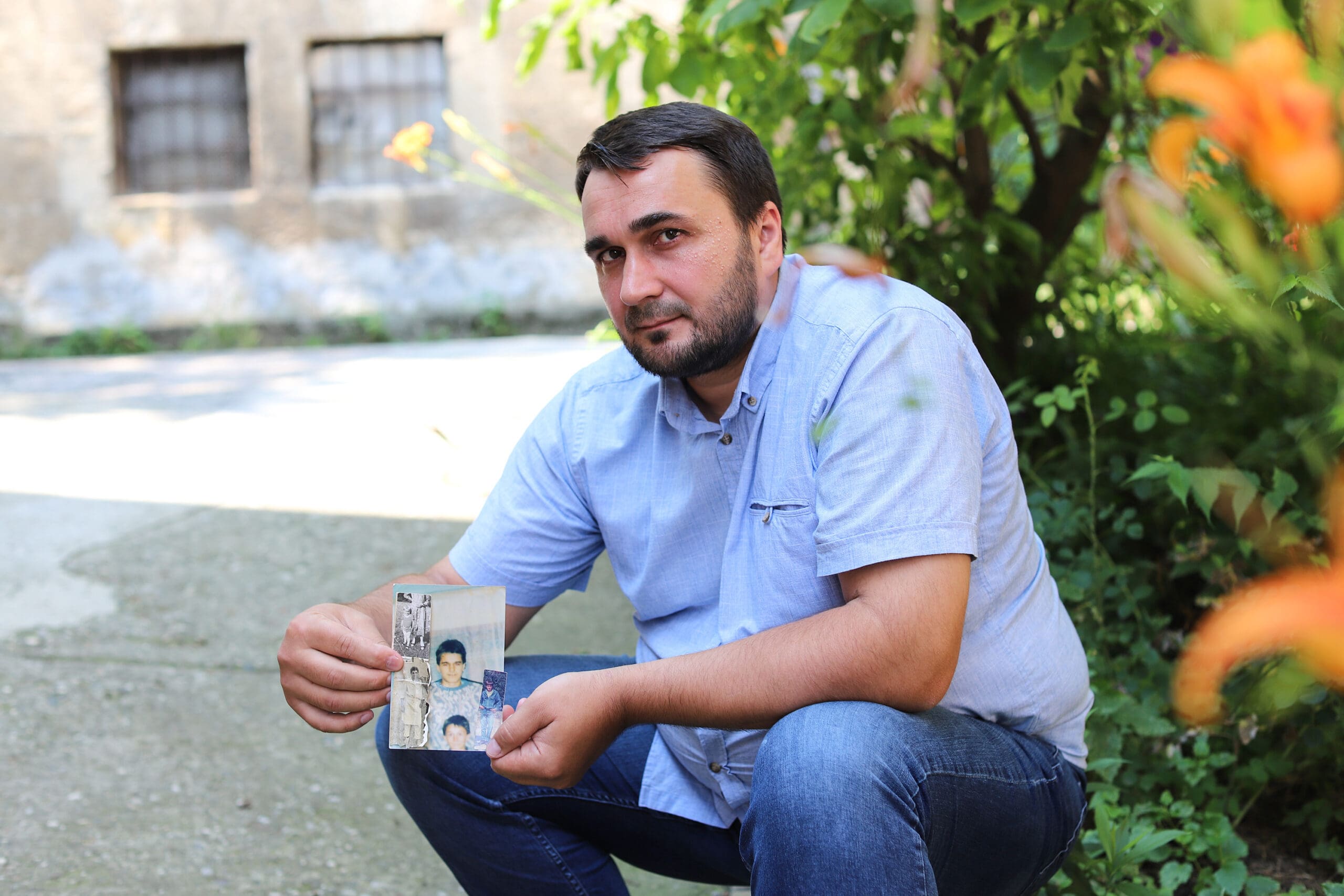Western Balkans, Visual Arts, Raising Awareness, Trauma Healing

#ChildrenAndGenocide was a global online campaign released in 2020 by the War Childhood Museum, together with the Humans of Amsterdam storytelling platform and the Srebrenica Memorial Center. The campaign was followed by a photo exhibition in the same year. The campaign featured portraits and stories of 14 people whose childhoods were marked by the Srebrenica genocide. The stories were published in instalments, and they highlighted survivors' precious keepsakes.
The most notable impact was recorded in the Western Balkans, Netherlands and other European countries; while the pop-up exhibition, featuring portraits of 14 participants, reached audiences in Stockholm and Sarajevo. The occasion for the campaign was the 25th anniversary of the Srebrenica Genocide.
Recognising the truth and ensuring justice are crucial for any reconciliation effort, especially acknowledging the genocide in Srebrenica, which holds significance both regionally and internationally. Unfortunately, even after more than 25 years, genocide denial and the glorification of war criminals prevent the people of Bosnia and Herzegovina from dealing with their collective past - renewing the humiliation of victims and their loved ones, and perpetuating injustice in society. When genocide is spoken about, the usual narrative is around deaths - while there is a lack of discussion about the bereaved families, and the survivors - especially the impact on children.
By exploring family dynamics in the everyday life of children who survived genocide, Children and Genocide underscores the idea that genocide doesn’t only impact those who were killed, but it has a ripple effect, from their close family to the community as a whole. Moreover, personal stories which underline human dignity and invoke emotional resonance, without the intent to cause shock and dismay, are missing from the public narrative in the Western Balkans.

Presentation of survivors’ personal stories and the people behind them through photo portraits and their personal belongings
Amplifying survivors' voices while exposing people to facts and stories


Campaign ensured the general visibility of genocide survivors’ experiences who were unknown to the public - reaching 11.4 million people in Europe, including 6,500 comments and 12,000 shares on social media, combatting genocide denials and misinformation.

Survivors' personal stories and their photo portraits allowed people to associate genocide not only with numbers of deaths, but also with faces of survivors and the impact it had on them.

Other survivors have reached out after the campaign wanting to share their stories and belongings with the Museum.

Participants shared their stories of survival with the wider public, in many cases for the first time, and made meaningful connections between each other. The act of sharing facilitated the healing process, but the effect was heightened through participants’ work with special trauma healing therapists.

The conversations that preceded the online campaign and the pop-up exhibitions created the space for participants to share their loss and grief outside of their immediate community in Srebrenica, as well as in BiH as a whole. It gave them agency and a stronger platform to honour victims while standing up to narratives of genocide denial.
